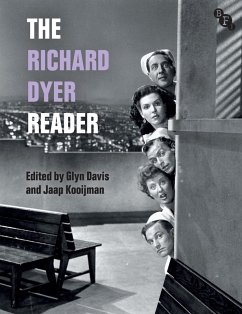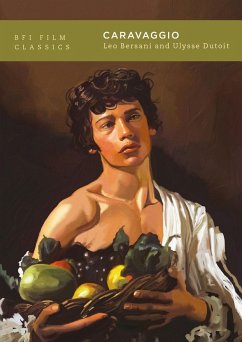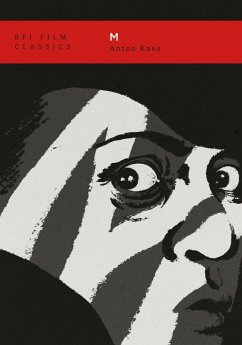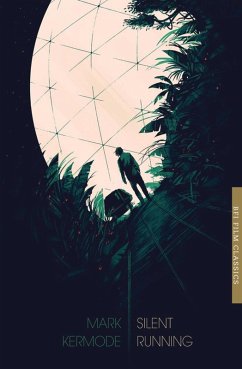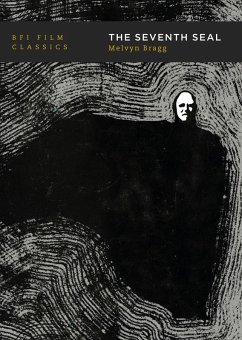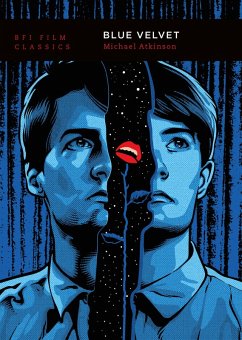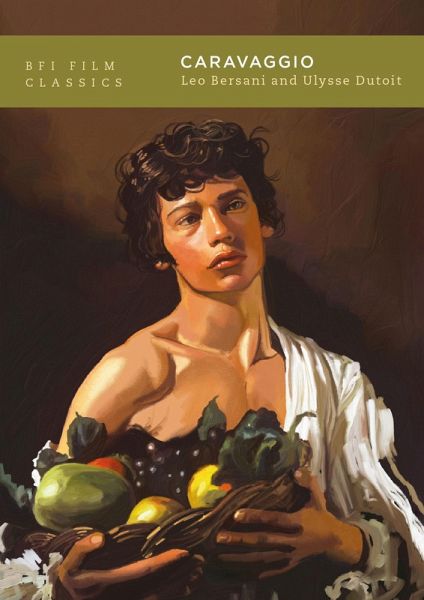
Caravaggio (eBook, PDF)

PAYBACK Punkte
6 °P sammeln!
Caravaggio (1986), Derek Jarman's portrait of the Italian Baroque artist, shows the painter at work with models drawn from Rome's homeless and prostitutes, and his relationship with two very different lovers: Ranuccio, played by Sean Bean, and Lena, played by Tilda Swinton. It is probably the closest Derek Jarman came to a mainstream film. And yet the film is a uniquely complex and lucid treatment of Jarman's major concerns: violence, history, homosexuality, and the relation between film and painting. In particular, according to Leo Bersani and Ulysse Dutoit, Caravaggio is unlike Jarman's othe...
Caravaggio (1986), Derek Jarman's portrait of the Italian Baroque artist, shows the painter at work with models drawn from Rome's homeless and prostitutes, and his relationship with two very different lovers: Ranuccio, played by Sean Bean, and Lena, played by Tilda Swinton. It is probably the closest Derek Jarman came to a mainstream film. And yet the film is a uniquely complex and lucid treatment of Jarman's major concerns: violence, history, homosexuality, and the relation between film and painting. In particular, according to Leo Bersani and Ulysse Dutoit, Caravaggio is unlike Jarman's other work in avoiding a sentimentalising of gay relationships and in making no neat distinction between the exercise and the suffering of violence.
Film-making involves a coercive power which, for Bersani and Dutoit, Jarman may, without admitting it to himself, have found deeply seductive. But in Caravaggio this power is renounced, and the result is Jarman's most profound, unsettling and astonishing reflection on sexuality and identity.
Film-making involves a coercive power which, for Bersani and Dutoit, Jarman may, without admitting it to himself, have found deeply seductive. But in Caravaggio this power is renounced, and the result is Jarman's most profound, unsettling and astonishing reflection on sexuality and identity.




